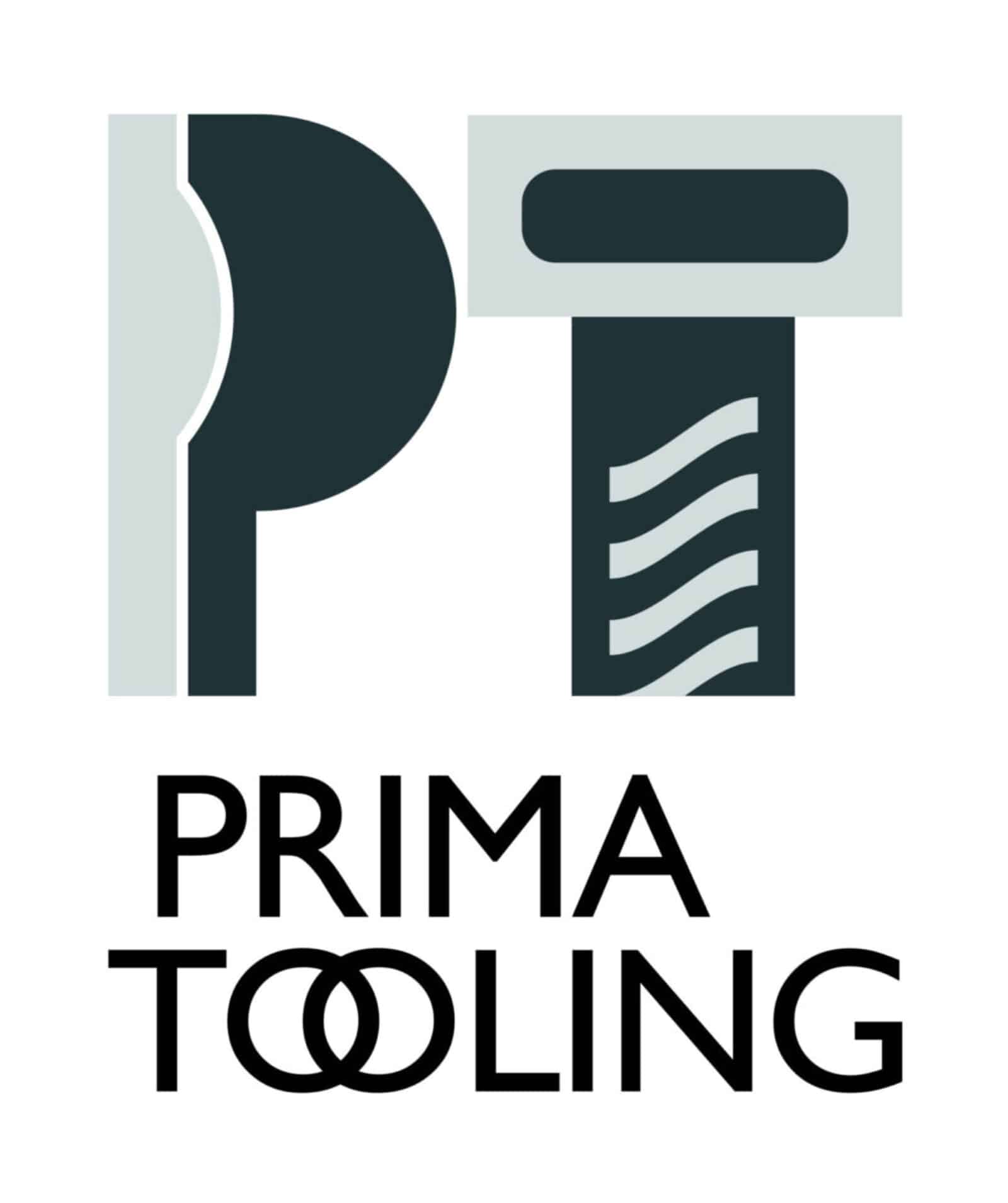Ferrous and non-ferrous metals, along with ultra-strong metallic superalloys, can be amongst the most difficult materials in the world to drill. Unlike woods, foams, and soft composite materials, which can be tackled with most drills, drilling these metals requires a tool crafted from a much harder metal or metallic alloy. It is important to know the precise metal you will be drilling, and to have an understanding of the various strengths and durability levels of the metals your drills are crafted from.
Drilling Soft Metals
Drilling into softer metals like copper, lead, silver, or aluminium is much easier than drilling into hard metals. High-speed steel (HSS) drill bits are suitable for drilling soft metals and offer a fantastic balance of strength, durability, and heat resistance, making them ideal for general use.
Drilling Hard Metals
Tougher metals like cast iron, titanium, and non-ferrous heavy metals require a tool made from a much harder material in order to be effectively cut or drilled without rapidly ruining the tool. Drill bits crafted from strong, high-performance metals, like heavy duty cobalt and tungsten carbide, are much better suited for operation on hard metal workpieces.
General Rules for Drilling Metal
There are general rules that must always be followed when drilling metal, in order to protect the drill operator’s health and safety, and to ensure that you get the best performance from your tools:
-
Maintain full PPE at all times
Full PPE is a requirement for all drilling, but especially metals! You do not want to accidentally ingest, inhale, or otherwise be hurt by the tiny metal shavings being removed from your workpiece. Ensure you have full PPE to protect your eyes, ears, hands, and lungs.
-
Ensure your drill bit is aligned and well tightened
It can be extremely dangerous to begin drilling with a loose or misaligned drill bit. It can also result in a poor drilling operation damaging the workpiece and causing material wastage, so it is vital to check this properly before starting any drilling.
- Reduce drilling speed to lower friction and prevent overheating
Drilling hard metal will produce large amounts of friction, which generates a significant amount of heat. Operate your drill at a slower speed to reduce the friction and increase the longevity of your tools. A smaller drill bit and softer workpiece will produce less friction, meaning you can operate at higher speeds. But the larger the drill bit is, and the harder the metal being drilled is, the slower you will need to operate your drill at in order to not significantly reduce its lifespan. You can also opt to use a coolant during drilling operation to reduce friction and wear, lubricate the work surface, and prevent your drill from overheating.
If you’re looking for more information about our ranges of bespoke engineering tooling, like our milling cutters, PCD end mills, and carbide drilling tools, get in touch with our expert team at Prima Tooling today!
